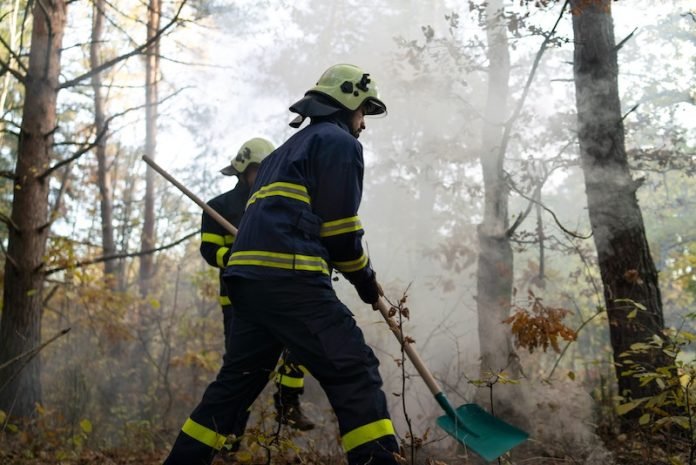
We all know that air pollution can hurt our lungs and hearts, but what about our minds? New research is shedding light on a scary reality:
Air pollution from wildfire smoke could be making people in rural areas more likely to take their own lives.
The Study and Its Findings
David Molitor, a professor at the University of Illinois Urbana-Champaign, teamed up with experts from the University of Massachusetts, Amherst, and Monash University in Australia to look into the relationship between air pollution and suicide rates.
They studied U.S. data from 2007 to 2019, including suicide records and air quality reports. What they found was alarming.
In rural counties, a 10% increase in particles floating in the air—what we often call “particulate matter”—led to a 1.5% rise in suicide rates on average.
Interestingly, this effect was not observed in urban areas. The higher risk seemed to especially affect two groups in rural areas: white men of working age and adults without college education.
“This adds to growing evidence that air pollution can also hurt our mental well-being,” Molitor said. “It’s not just about coughs and heart problems; it’s also linked to serious issues like depression, anxiety, and now suicide.”
Why It Matters Now More Than Ever
Wildfires are not going away. In fact, they are expected to get worse because of climate change and human activities in areas that were once wild.
This means that more and more people will be exposed to unhealthy levels of air pollution.
Molitor warns that ignoring this issue could be a big mistake.
“Our findings show that air pollution exposure harms mental health, which, in turn, leads to greater loss of life by suicide. Policymakers can’t afford to turn a blind eye to this,” he said.
This research also sheds new light on the ongoing “national mental health crisis” in the U.S., where suicide rates have gone up by roughly 30% over the last two decades.
The suicide rate is already higher in rural areas compared to cities, and this gap is widening.
What Can Be Done?
Understanding that air pollution has harmful effects on both physical and mental health can help us figure out how to better protect people, especially those who are more vulnerable.
It may also encourage lawmakers to take action on reducing air pollution from sources like wildfires.
In a time when both wildfires and mental health struggles are on the rise, this research is a wake-up call. It tells us that cleaning up our air isn’t just about keeping our bodies healthy; it’s also about safeguarding our minds.
If you care about depression, please read studies about Suicide attempts during depression linked to higher death risk and Vitamin D could help reduce depression symptoms.
For more information about mental health, please see recent studies that ultra-processed foods may make you feel depressed, and these antioxidants could help reduce the risk of dementia.
The research findings can be found in PNAS.
Follow us on Twitter for more articles about this topic.
Copyright © 2023 Knowridge Science Report. All rights reserved.



